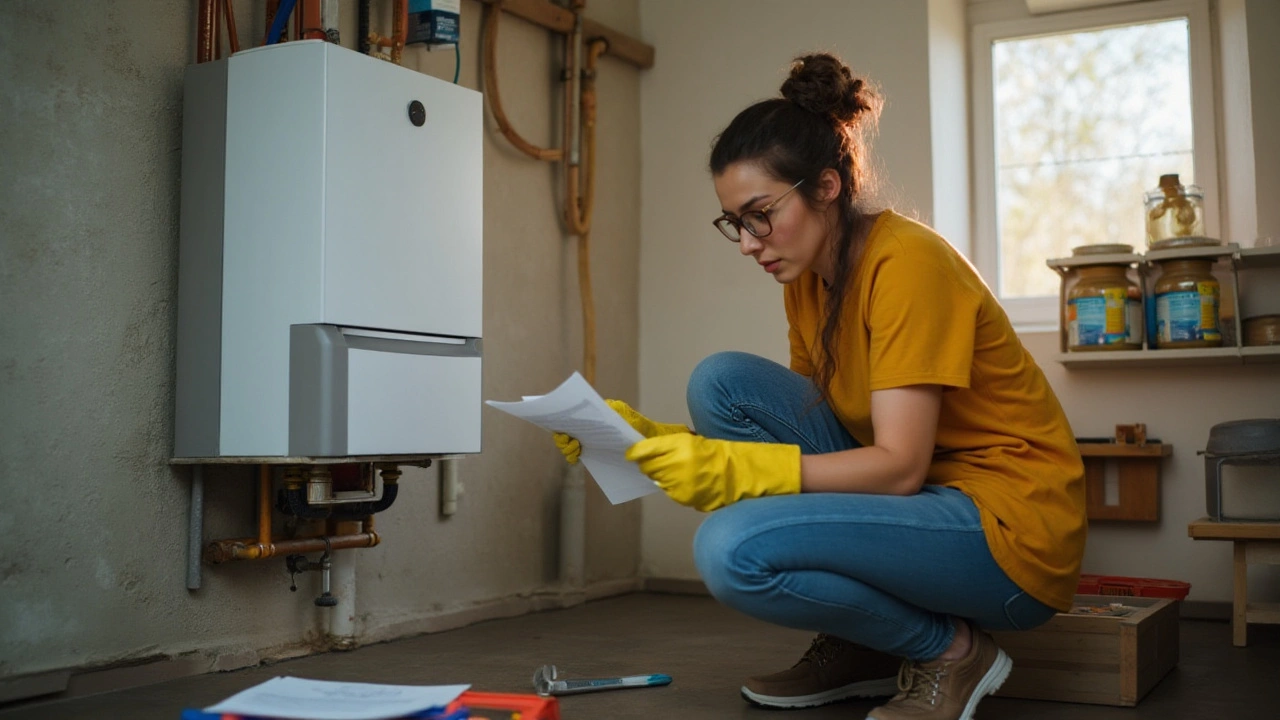Home Repair Guide: Quick Fixes for Everyday Appliance Problems
Got a washing machine that won’t spin or a hob that keeps tripping the reset button? You’re not alone. Most households face a gadget that quits just when you need it most. The good news? Many of these hiccups can be solved in under an hour with a few tools and the right know‑how.
Common Appliance Problems and Easy Fixes
First up, the dishwasher. If it’s leaking, check the door gasket for cracks or debris. A simple wipe‑down often does the trick. For a dishwasher that won’t start, make sure the power cord is plugged in and the circuit breaker isn’t tripped. If the machine runs but dishes stay dirty, clean the spray arms – they can get clogged with food bits.
Next, the washing machine. A noisy drum usually means something’s stuck in the pump. Pull out the access panel, locate the pump, and remove any lint or foreign objects. If the washer won’t fill, inspect the inlet hoses for kinks and verify the water supply valves are fully open.
Electric hobs can be puzzling when a single zone stops heating. Turn off the power at the breaker, then remove the hob surface to expose the heating element. Look for visible cracks or burnt spots. Often, swapping the faulty element restores full function. Remember to reconnect everything exactly as it was.
Hot water heaters that keep tripping the reset button often suffer from a faulty thermostat or a sediment‑filled tank. Turn off the power, drain a few gallons of water, and flush the tank with a garden hose. If the reset still trips, the thermostat likely needs replacement – a job most DIYers can handle with a screwdriver and a multimeter.
When to Call a Professional
While many fixes are simple, some issues are best left to the pros. If you notice a gas leak, see sparking wires, or the appliance makes a grinding noise that you can’t locate, call a qualified technician right away. Same goes for boiler problems – faulty pressure valves or repeated cycling can be dangerous without proper training.
Another red flag is repeated repair attempts that don’t stick. If you’ve tried the same fix three times and the problem returns, it’s a sign of a deeper fault. Professional repair shops have diagnostic tools that can pinpoint hidden issues faster and safer.
Finally, consider the age of the appliance. If a refrigerator is more than 12 years old and starts losing cool, the cost of a new, energy‑efficient model may outweigh repair bills. Same with ovens – older units can have worn‑out control boards that are pricey to replace.
Bottom line: start with the easy checks – power, hoses, visible damage – before digging deeper. Keep a basic toolkit (screwdrivers, pliers, multimeter) handy, and you’ll save time and money on most home repair hiccups. When in doubt, or when safety is at stake, don’t hesitate to call a trusted local repair service. A quick call can prevent a small glitch from turning into a costly disaster.
DIY Boiler Maintenance: Essential Tips for Homeowners
0 Comments
Wondering if you can service your boiler yourself? This article covers essential tips and guidance for homeowners willing to take on boiler maintenance tasks. While there are certain responsibilities you can handle, understanding when to call a professional is crucial. From safety measures to minor repair tasks, learn how you can contribute to your boiler's health without overstepping your bounds. Equip yourself with the knowledge to keep your heating system running smoothly.
Read More